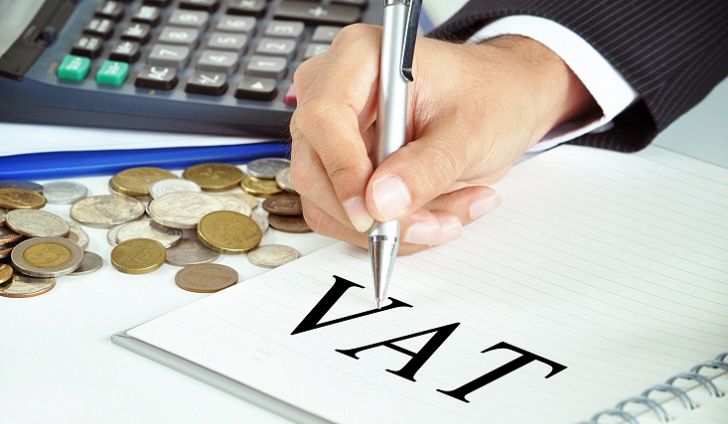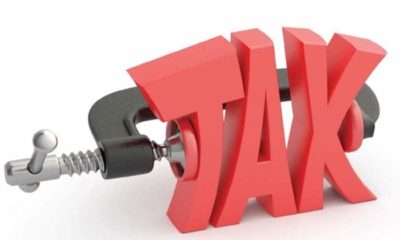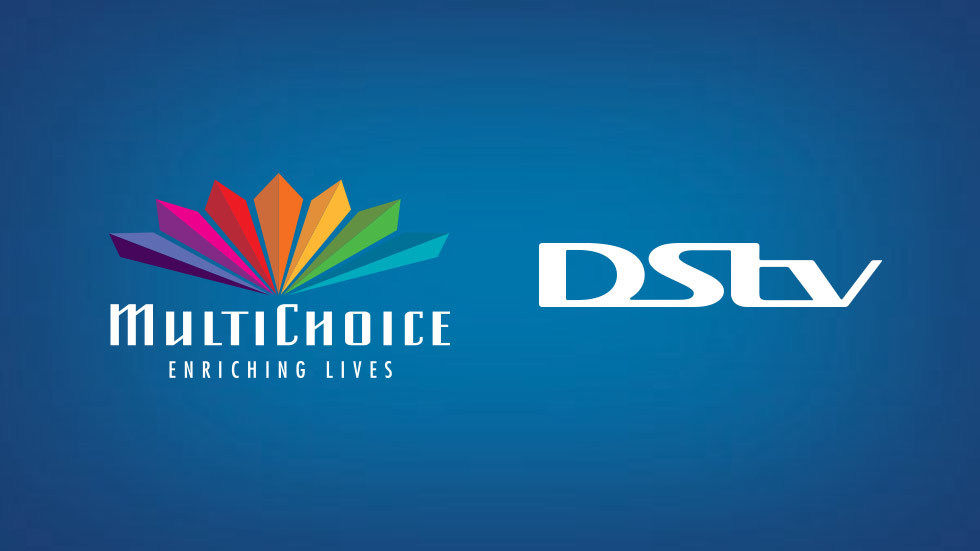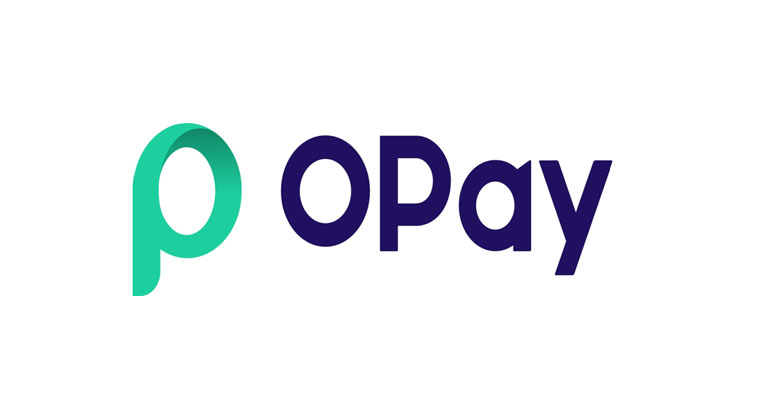The Association of Licensed Telecoms Operators of Nigeria (ALTON) and The Association of Telecommunications Companies of Nigeria (ATCON), representing Mobile Network Operators (MNOs) and telecommunication firms in Nigeria, have jointly raised concerns over the current state of the telecom industry.
In a unified call to action, they have urged the federal government to address critical issues such as tariff review and regulatory independence to ensure the sector’s sustainability and growth.
Despite facing significant economic challenges, Nigeria’s telecommunications industry has not adjusted its general service pricing framework upwards in over a decade.
ALTON and ATCON attribute this stagnation to regulatory constraints that have hindered the industry’s ability to align pricing with economic realities.
They argue that the current price control mechanism, which does not reflect market conditions, poses a threat to the sector’s viability and investor confidence.
In a statement released over the weekend and jointly signed by ALTON Chairman Gbenga Adebayo and ATCON President Tony Izuagbe Emoekpere, the associations highlighted a range of challenges plaguing the telecom sector.
These include unsustainable tariff structures, lack of regulatory independence, infrastructure deficits, a harsh business environment, multiple taxation and regulations, prohibitive Right of Way (RoW) charges, inadequate power supply, and vandalism of telecommunications infrastructure.
The industry leaders stressed the urgent need for collaborative efforts between the public and private sectors to overcome these obstacles.
They called for constructive dialogue with industry stakeholders to address pricing challenges and establish a framework that balances consumers’ affordability with operators’ financial viability.
Furthermore, ALTON and ATCON emphasized the importance of regulatory independence in fostering a conducive environment for the telecom sector.
They advocated for the sustenance of a culture of independence within the regulatory landscape to safeguard against undue influence and ensure the impartiality of regulatory decisions. Regulatory neutrality and independence, they argued, are crucial for maintaining public confidence and encouraging investment in the sector.
ALTON and ATCON reaffirmed their commitment to working collaboratively with the government to address the challenges facing Nigeria’s telecommunications industry.
They urged the government to prioritize infrastructure development, enhance security measures, and facilitate pricing adjustments to unlock the sector’s full potential.
The call by ALTON and ATCON underscores the pressing need for regulatory reforms and policy interventions to drive sustainable growth and development in Nigeria’s telecom sector.
As stakeholders await government action, the industry remains hopeful that concerted efforts will pave the way for a more resilient and competitive telecommunications landscape.




 Forex4 weeks ago
Forex4 weeks ago


 Naira3 weeks ago
Naira3 weeks ago
 Billionaire Watch3 weeks ago
Billionaire Watch3 weeks ago






 Naira4 weeks ago
Naira4 weeks ago






 Naira3 weeks ago
Naira3 weeks ago


 Naira2 weeks ago
Naira2 weeks ago






 Naira2 weeks ago
Naira2 weeks ago
 Commodities4 weeks ago
Commodities4 weeks ago















